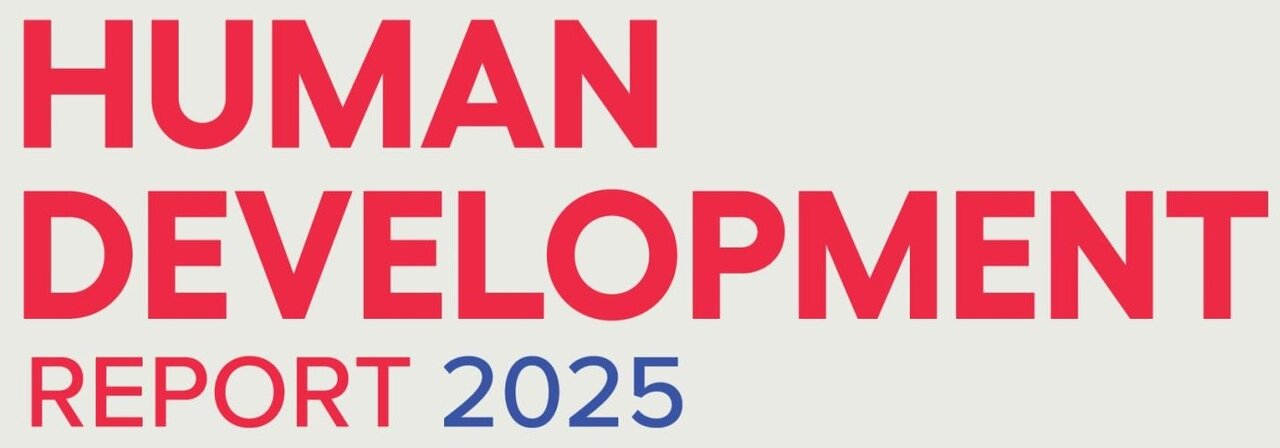Iran among UNDP’s High Human Development countries

TEHRAN – According to the United Nations Development Program’s (UNDP) latest Human Development Report (HDR) 2025, Iran has been placed among the countries with a High Development Index (HDI).
Iran’s score has improved from last year’s 0.780 to 0.779 this year. The country ranks 75 out of 193 countries and territories, placing it in the “High Human Development” category. Between 1990 and 2023, Iran’s HDI value changed from 0.626 to 0.799, a change of 27.6 percent.
Going forward, the Gender Inequality Index (GII) remains an area for improvement, with Iran scoring 0.482, ranking 123 out of 172 countries. This underscores the continued need to invest in equitable access to education, employment, and health services for women and girls.
According to the 2025 report, human development progress is experiencing an unprecedented slowdown. The report shows how Artificial Intelligence (AI) could reignite development.
Instead of seeing sustained recovery following the period of exceptional crises of 2020-2021, the report reveals unexpectedly weak progress. Excluding those crisis years, the meagre rise in global human development projected in this year’s report is the smallest increase since 1990.
The 2025 HDR: “A matter of choice: people and possibilities in the age of AI” analyses development progress across a range of indicators known as the Human Development Index (HDI), which encompasses achievements in health and education, along with levels of income.
The report underscores growing divides between high- and low-HDI countries, reversing decades of gains. As global challenges, from economic shocks to climate pressures, narrow traditional development pathways, the report urges countries to act decisively and inclusively.
“For decades, we have been on track to reach a very high human development world by 2030, but this deceleration signals a very real threat to global progress,” said Achim Steiner, UNDP Administrator. “If 2024’s sluggish progress becomes ‘the new normal’, that 2030 milestone could slip by decades – making our world less secure, more divided, and more vulnerable to economic and ecological shocks.”
The report also contains the results of a new survey that showed people are realistic yet hopeful about the change AI can bring. Half of respondents worldwide think that their jobs could be automated. An even larger share—six in ten—expect AI to impact their employment positively, creating opportunities in jobs that may not even exist today.
Only 13 percent of survey respondents fear AI could lead to job losses. In contrast, in low- and medium-HDI countries, 70 percent expect AI to increase their productivity, and two thirds anticipate using AI in education, health, or work within the next year.
The report advocates for a human-centered approach to AI – which has the potential to fundamentally redesign approaches to development. The survey results show that across the world people are ready for this kind of ‘reset’.
The report outlines three critical areas for action: Building an economy where people collaborate with AI rather than compete against it; Embedding human agency across the full AI lifecycle, from design to deployment; and Modernizing education and health systems to meet 21st – Century demands.
